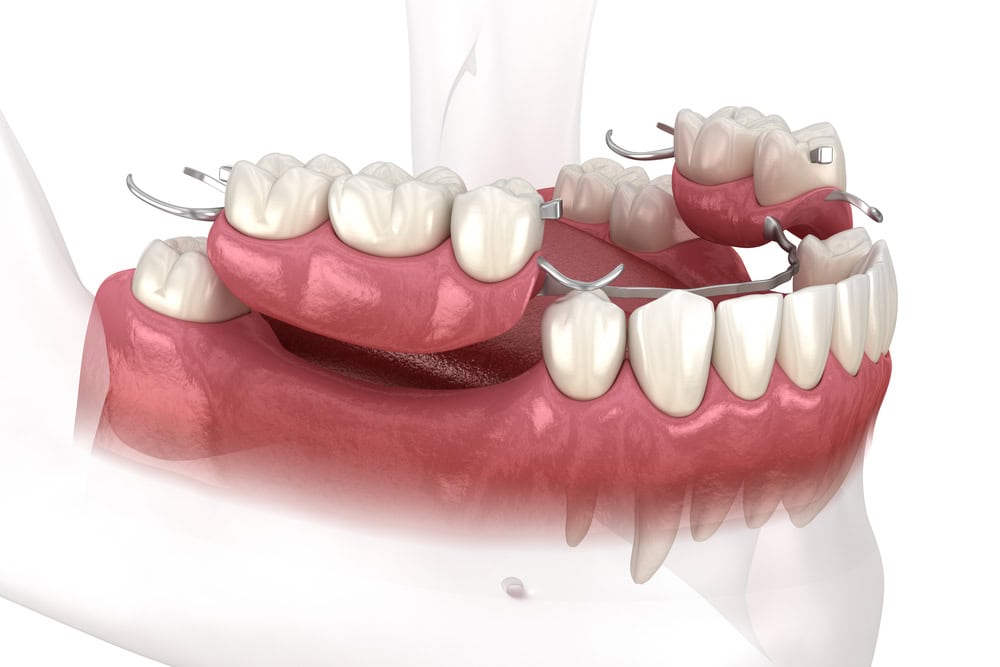As swift as a hummingbird’s wings, a root canal can be completed in a single doctor’s visit.
Root canals are a common dental procedure to help maintain the health of a tooth.
This article will discuss the causes of needing a root canal, the procedure’s length, who is the best candidate for a root canal, the benefits of this procedure, and the risks associated with it.
What is a Root Canal?
A root canal is a dental procedure that involves the removal of the soft inner tissue of the tooth, the nerve, and the pulp. It is a common procedure used to treat an infected tooth or infected pulp.
During a root canal procedure, the dentist will use specialised tools to access the tooth’s pulp chamber and then remove the infected blood vessels, nerve, and dead tissue. The canal is then filled with connective tissue and sealed off.
Root canals are necessary to prevent further infection and decay of the tooth and provide lasting relief from the pain and mild discomfort associated with an infected tooth. If done correctly, root canals can be a fast and effective way to treat an infected tooth.
What Causes the Need for a Root Canal?
Infection or trauma to the tooth can be a cause of necessitating a root canal. Root canals are a dental procedure that removes the infected pulp from the root of a tooth and replaces it with a sterile compound. Inside a tooth’s root are root formations containing soft tissue, blood vessels, and nerves. Root canal therapy entails removing the infected tissue and cleaning out the root canal. This is done to avoid further damage and protect the tooth from infection.
Types of teeth can also cause the need for a root canal. Molars, the back teeth, have more than one root canal and can be difficult to clean out. Experienced dentists can use special techniques to clean out the tooth canal. An antibiotic solution is used to flush out the debris, filling the tooth with a special material.
Tooth pain is usually the symptom that alerts dental professionals to the need for a root canal. Early detection is important because it decreases the chance of further complications. Root canals are relatively simple procedures and can be done quickly and effectively. Experienced dentists can perform a root canal in as little as an hour. With the help of experienced dental professionals, a root canal can be fast and effective.
How Long Does a Root Canal Take?
The duration of a root canal procedure can vary depending on the complexity of the tooth. Generally, the procedure can take one to three hours, with a single root taking less time than a multi-rooted tooth. Endodontic treatment is often completed in a single appointment before a temporary filling is placed to protect the tooth. However, some cases may require multiple appointments, depending on the type of tooth and the complexity of the procedure.
Straight pipes are ideal for a successful root canal, and counter-pain medications may be offered during the procedure to help keep the patient comfortable. After the procedure, follow-up appointments may be necessary to ensure the success of the treatment.
Overall, the time required for a root canal depends on the individual case and the type of tooth. Although the procedure may take several hours, the result often successfully eliminates pain and preserves the tooth. With proper treatment and follow-up care, a root canal can be a fast and effective way to restore dental health.
Who Are the Best Candidates for Root Canal?
Patients with teeth that are damaged due to trauma or decay are typically the best candidates for root canal therapy. This type of treatment is used to treat teeth with extensive decay, tooth abscess, or mild pain. Individuals need to prioritise their oral health and seek proper care from a dental professional when necessary.
Root canal treatment is beneficial for restoring and preserving the health of damaged teeth. During the procedure, a dental professional will use specialized tools and techniques to remove infected material and bacteria from the pulp chamber. Once the chamber is clear, the dentist can fill and seal the area to protect the tooth from further damage.
To ensure successful results, patients must follow instructions provided by their dental services provider. This includes proper care for the treated teeth and regular dental visits for follow-up treatments. With proper care, patients can maintain healthy teeth free from pain and other symptoms.
What Are the Benefits of a Root Canal?
Root canal therapy offers a number of benefits to individuals with damaged teeth. The goal of a root canal is to save a tooth from extraction and provide a permanent restoration of the affected molar teeth. This endodontic procedure can be completed in one or more root canal appointments depending on the severity of the damage. During a root canal appointment, the dentist removes the infected pulp and nerve tissue, cleans the roots of the tooth and then fills it with a rubberlike material called gutta-percha. The dentist may also place a permanent filling or crown to provide further protection.
The benefits of a root canal include preserving a tooth’s natural structure, improving oral health and preventing other issues that can develop from an untreated tooth. This treatment plan also prevents the need for a dental bridge and the use of a bendy straw to drink liquids. Additionally, root canals can be a cost-effective solution for those in need of oral care.
What Are the Risks of a Root Canal?
Although root canals are generally accepted as a safe dental procedure, there are still some risks associated with dental treatment. These risks may include:
- Damage to the dental pulp, which is the soft tissue located inside the root of the tooth
- Injuries caused by the root canal treatment provider, such as an inexperienced root canal dentist or incorrect use of root canal filling material
- Potential complications during the root canal process, such as nerve damage or infection
- Poor dental care after the root canal, including not avoiding sugary foods or not receiving quality root canal treatments as recommended by the dentist
- Potential failure of canal therapy, which can necessitate additional procedures or surgery.
No matter what risks are involved, quality dental care is essential to ensure the success of a root canal. It is important to trust the experience of the root canal dentist and follow their instructions to ensure the best possible outcome.
Key Takeaways
Root canals are a complex and often misunderstood procedure. While they are often dreaded due to their reputation, they can be a very effective way to restore the health of a tooth.
It is important that individuals understand the causes, benefits, and risks associated with root canals and the length of time it may take to complete the procedure. By understanding the process, individuals can make an informed decision about if a root canal is the best option for their situation.
Like a ship set adrift in a stormy sea, a root canal can help an individual find their way back to a healthy smile.
If you’re looking for a reliable and experienced dentist in St Marys provide you with a successful root canal procedure, look no further than Western Sydney Smiles in St Marys, NSW. Our team has extensive experience in performing root canals and can offer a comfortable and effective solution to restore the health of your teeth. Contact us today to book your consultation and learn more about how root canals can help you achieve a healthier smile.







